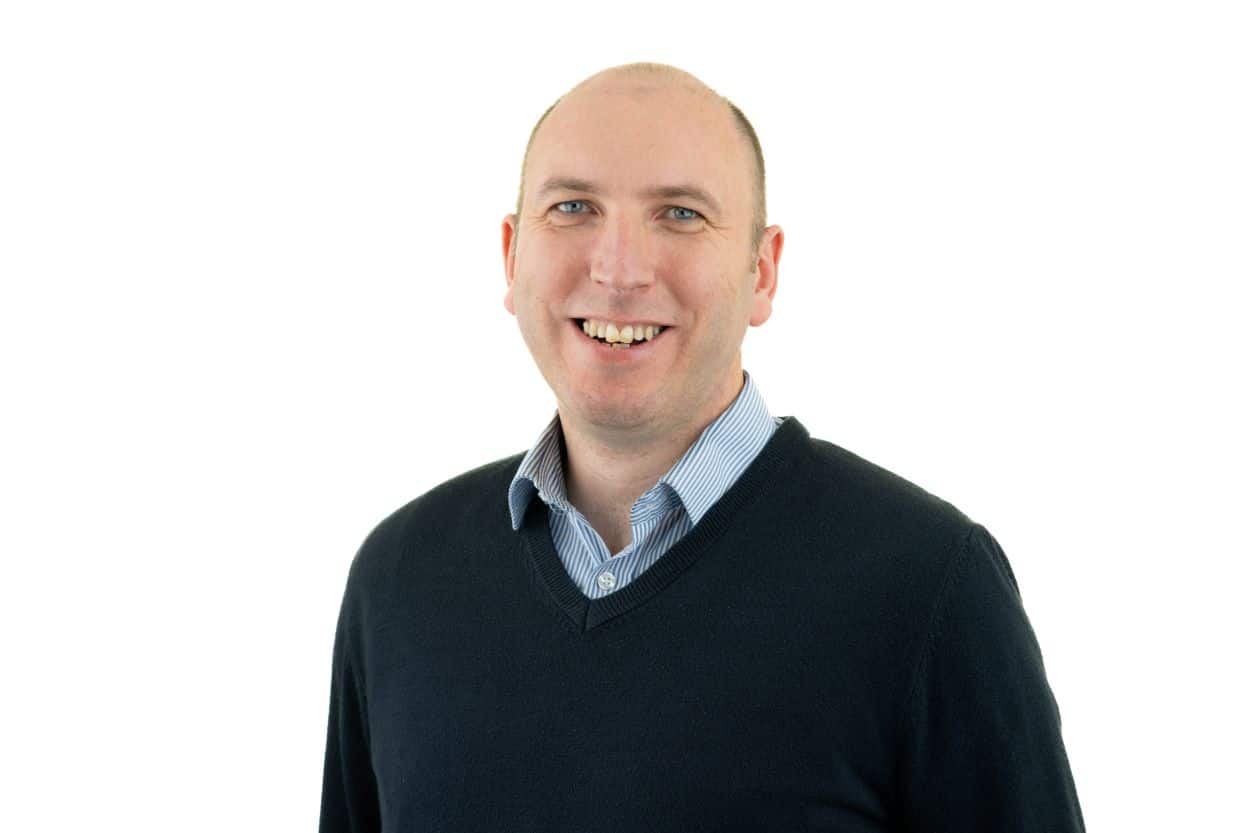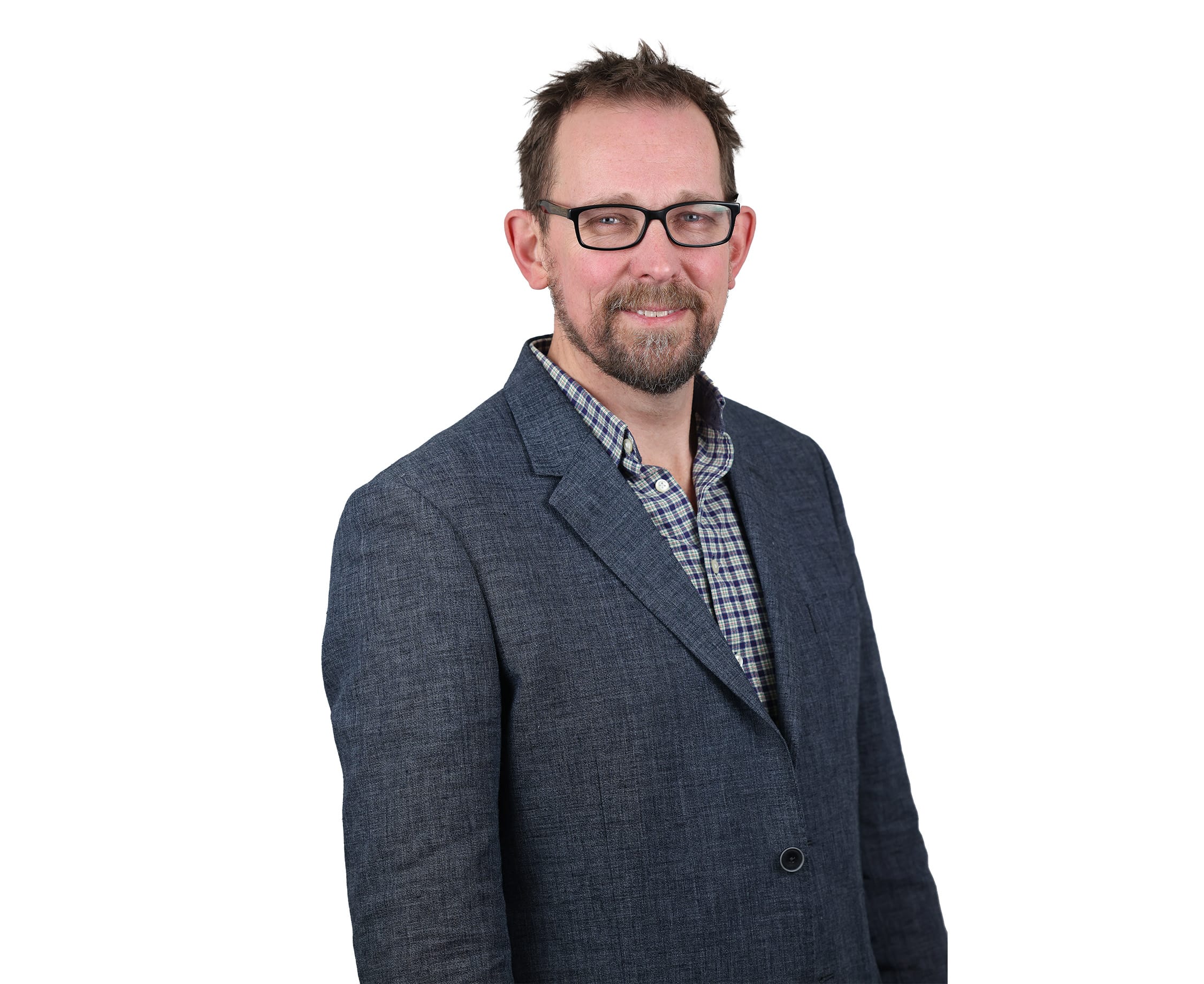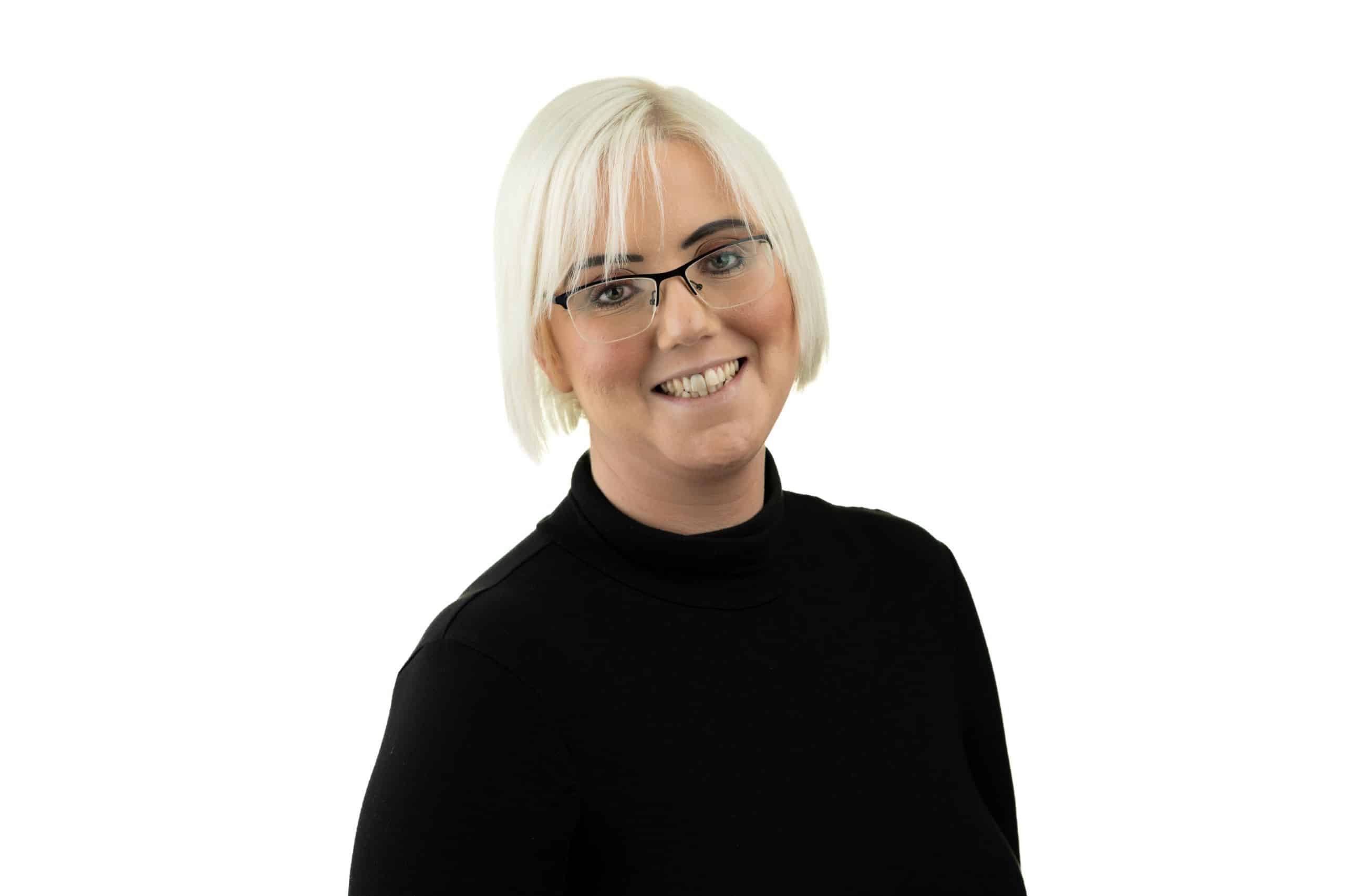
- No win, no fee
- Not just lawyers - real specialists
- No obligation
- UK's highest-rated medical negligence solicitors
In simple terms, medical negligence means that a medical professional acted below an acceptable standard of care, and caused avoidable harm through their actions or decisions.
As simple as that explanation may be, when it comes to proving medical negligence; this can be a more complicated beast. Often the doctor or medical organisation, such as the NHS, is not willing to admit the mistake, which means that you are left to gather evidence that proves that the negligence took place.
Without a lawyer by your side, this information-gathering process can be stressful and exhausting – particularly when you are already recovering from a medical mistake and the wider impacts of that mistake.
Here, we break-down how you can prove that medical negligence took place, how a solicitor can help you, and what evidence we will need to obtain, in order to successfully fight your case.
Proving a breach in duty of care and the wider impacts
In order to make a successful medical negligence claim, it is important to prove more likely than not you suffered an injury or illness, or that your condition worsened, because of a breach of duty of care. Medical professionals; whether that be a doctor, nurse, dentist, surgeon – or any other medical professional within the NHS or private sector, have a duty of care to act in accordance with acceptable standards and to do no harm.
When a medical professional breaches that duty of care and acts in a way that is harmful to their patient – harm that could have been avoided if the medic acted in a more appropriate way – there can be many wide-reaching consequences of that action. For example, if you visit your GP who fails or delays referring you to a specialist, and that delay or failure results in your condition becoming worse; you could be entitled to pursue a medical negligence claim.
The success of the claim and the value of the compensation settlement would depend on why the injury was caused, and what the wider impacts have on you. For example – if the delay in referral results in the worsening of your condition (increased pain, long-term complications or even an avoidable surgery) this would all be considered in the investigation and valuation of the claim.
The impact of a medical mistake doesn’t just rest with immediate worsening of the condition. Depending on the severity of your suffering, there may be financial implications – if you are unable to work for an extended period of time, for example. There may be some emotional distresses and development of mental health complications. Your long-term health could deteriorate, and there may be further medical interventions in order to correct the mistake.
And of course, the distress is not just limited to yourself. When you suffer medical negligence, your friends and family are also affected. You may rely on those closest to you for support, financial help, transport and general day-to-day activities; and this can also be compensated.
Starting the medical negligence investigation
When you begin your medical negligence claim, the journey towards justice, you will first need to obtain sufficient evidence that the negligence took place.
The evidence that you may need to provide to prove your medical negligence can include:
- Specialist medical opinion(s)
- Photographs of any injuries that have been sustained due to medical negligence
- A timeline of your appointment history
- A detailed statement from you about your experiences
- Medical records
There may be other records and accounts required, depending on the type and complexity of the negligence you experienced, but all of these records are crucial to proving your case. The main point of gathering the evidence is to prove that there was a breach in the duty of care, and this breach led to suffering
In some cases, family members may also be asked to provide their statements about what took place. This may be particularly important during times of impaired consciousness, if you suffered some drowsiness or confusion due to the side effects of any medication. Often when we are experiencing a medical trauma, we are unable to remember all of the details that took place, and that is where the help of family and friends comes into play.
The benefits of working with a medical expert when proving medical negligence
When you enlist the support of a medical negligence lawyer to gather this information on your behalf, you immediately make the process much easier for yourself.
As medical negligence solicitors, we will:
- Source your medical records on your behalf. We will also gather evidence from independent medical experts who prepare reports on your treatment and the results of that treatment.
- Investigate your case thoroughly to ascertain whether or not you could make a successful medical negligence claim
- Support you throughout the whole claim process
- Negotiate the appropriate compensation based on your case
Medical negligence experts will weigh in on whether your treatment was below the usual and expected standard of care, and if that substandard care resulted in your illness or injury. Each of these components is necessary in proving a medical negligence case. Again, your legal team will arrange these expert assessments and will ensure you will not have to pay for these.
Our specialist team will assess your information and let you know if you are eligible to make a medical negligence claim. It can be difficult to understand your rights without the help of an expert, and often the doctor or medical body will not admit fault for the distress or injury caused.
We will investigate the evidence on your behalf, and help you to assess if you have a medical negligence case.
Why work with Patient Claim Line to prove your medical negligence?
At Patient Claim Line, we have over 100 medical negligence solicitors who have a combined experience of over 400 years and they are all experts and will know exactly what to do in order to prove your medical negligence claim.
Each one of our solicitors will work with you to assess your case in detail and gather all of the necessary proof to get you the compensation you deserve. We will also provide expert knowledge and support the whole way through your claim.
If you believe you have received medical negligence which has led to suffering, get in touch with us today on 0330 107 5313 and we will thoroughly assess your case to see if you could make a medical negligence claim. If we believe you have a successful claim, we will gain all of the necessary documents to prove your case.
Meet our medical negligence team
Peter Rigby
Director of Medical Negligence
Christian Beadell
Partner, Head of Strategy and Legal Operations
Francesca Paul
Associate Solicitor
Sion Wynne
Senior Solicitor
Sarah's Story
"Now we have peace of mind"
My husband, Nick, went back and forth to the doctors for a long time and tried everything the doctor recommended. But his illness got worse, to the point that he was in agony.
In the end we got so desperate that we asked for a referral. The doctor was reluctant, so we had to consult a private hospital. That’s when we found out there was a tumour. It took years from the onset of his illness to finally start cancer treatment.
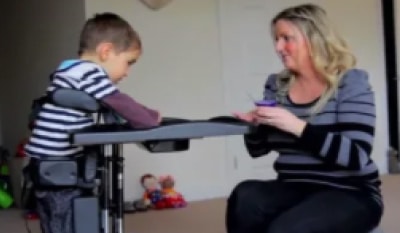
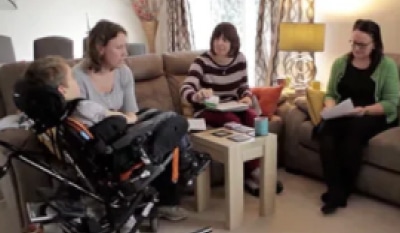
He used to be a man with a lot to live for, but in the end he was in so much pain that he withdrew from the family. He became angry that nobody had helped him sooner, and the legal team were able to give him the validation that he was desperately seeking. The NHS confirmed if they had done more, Nick would still be alive today.

